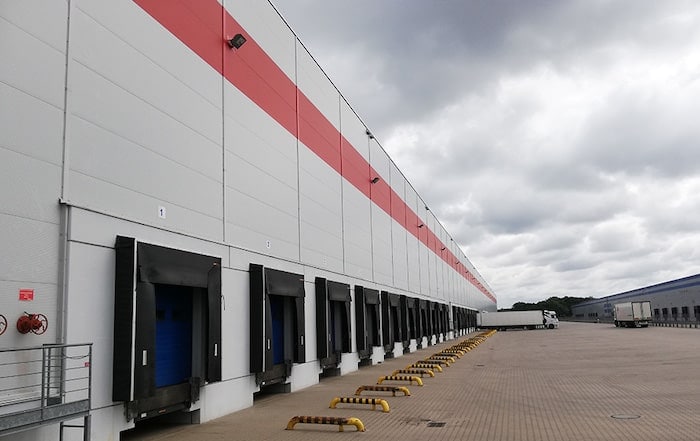
Singapore, 24 March 2020 – Alternative asset management firm Elite Partners Capital has announced the first close of a UK and Europe-focused logistics fund with a target hard cap of €150 million ($163 million).
A spokesperson for the Singapore-based company revealed to Mingtiandi that the first close represents a “significant portion” of the planned fund size, with the final close expected to take place in June.
Elite, which sponsors a UK-focused commercial REIT that listed on the Singapore stock exchange last month, is betting on logistics as online shopping soars following the outbreak of COVID-19, leading analysts to predict an uptick in demand for warehousing space.
TAPPING INTO E-COMMERCE
Elite said that it had launched the fund in January this year to tap into investment opportunities in the UK and EU that are being driven by “changing consumer trends and the fast-growing e-commerce sector”.
A spokesperson told Mingtiandi that fund investors include Singapore-based family offices and high net worth individuals.
The fund has so far acquired four million square feet (371,612 square metres) of logistics space in Poland and the UK, with 40 percent of the existing portfolio in the United Kingdom. The Elite representative indicated that the private equity firm is already exploring the option of spinning off assets from the fund into a REIT later this year or in 2021.
Elite’s Enoch Tan said the pandemic-fuelled surge in online shopping may benefit the logistics sector.The Polish assets are located in Warsaw – the country’s capital city – and Gdansk, which has the largest deep-water container port terminal in Poland. The UK assets are described as being located in logistics hubs with direct access to motorways.
TARGETING EUROPE’S FOOD NEEDS
The final geographical balance of the fund’s portfolio is intended to be a 50-50 split between the UK and Europe, with the company targeting other EU countries in addition to Poland.
Around 35 percent of the existing tenants are from the e-commerce sector, with the remainder being logistics players focusing on food and fast-moving consumer goods companies – including supermarket chains and fast food outlets – according to Elite.
The three-year-old firm said that all the properties in the portfolio are freehold or virtual freehold and are leased to multinational companies with a weighted average lease expiry of around five years.
INVESTING IN A DEFENSIVE SECTOR
Elite is dialling in on the stability of the logistics sector, according to Enoch Tan, portfolio director of the Elite Logistics Fund.
“We have confidence in the fund as logistics assets tend to provide more stable and defensive yields and are less sensitive to volatility and economic disruptions,” said Tan.
Tan added that the sector is relatively shielded from disruptions to the market as a result of the COVID-19 outbreak, and may even benefit in the short term from a surge in online shopping as the general population is encouraged to stay indoors.
“In the medium and longer term, countries and regions have realised the need to build up their own supply chain and logistics networks – as this pandemic has exposed gaps in this respect – and hence logistics assets will continue to be in demand as a result,” Tan told Mingtiandi.
TARGETING LOGISTICS AMIDST MARKET VOLATILITY
With markets disrupted by the spread of COVID-19, investors have so far continued to demonstrate confidence in the logistics sector.
This week, Blackstone agreed to pay £122 million ($142 million) to purchase 22 warehouses in the UK from London-based private real estate fund manager Clearbell Capital, according to several UK media accounts. That acquisition comes nine months after the US private equity giant purchased GLP’s US warehouse portfolio for $18.7 billion in what stands as the largest private equity real estate deal ever.
In another logistics-related development this week, it emerged that GLP had teamed up with Hong Kong’s Fung family, which controls consumer products sourcing and distribution firm Li & Fung, to make a HK$7.2 billion ($931 million) offer to privatise the Hong Kong-listed company.
